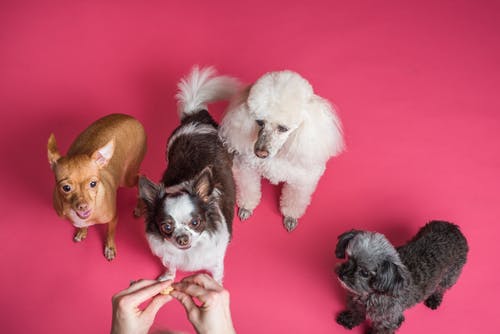
As a pet guardian, surgery is among your most crucial choices. To reach the best possible result, it is crucial that you pick the facility and technique with care. Nervousness can arrive as you prepare your pet for a surgical procedure. Whether your pet has a simple treatment or a more intricate technique, you will probably experience worry. You and your pet must be planned for surgical treatment before you head to the vet.
Preparations for Pet Surgery
Pet guardians can be stressed when their pet demands surgical treatment, whether routine spaying and neutering, orthopedic services, exploratory, or soft tissue procedures. Even though your vet will take you through the process, it can still be a frightening experience. Nevertheless, if you prepare in advance, you can rest assured that your pets can have a smoother surgery. We have broken down the basics to aid your plan as long as possible.
The Week Before Operation
It may look early to start planning for your canine’s surgery one week prior to the treatment, but your veterinarian may need extra tests to be executed before your furry friend is set under general anesthesia. These examinations could include blood work, radiographs, ultrasounds, and other diagnostics critical to the achievement and health of your dog’s surgery. Ask your veterinarian if your pet requires new vaccines and, if so, when is the best time to schedule an appointment. Some vets might not want to vaccinate their canines because of their health and clinical background.
Plan how you will transfer your canine to and from the veterinary hospital for surgical treatment while you’re at it. Think of taking your pet to the groomer or showering him a few days prior to the surgical treatment, as you will be instructed to maintain the laceration completely dry after the process. Aadobe Animal Hospital can instruct you in some preparations.
The Night Before Operation
You need to consult your veterinarian concerning what to expect the night before surgery for your pet. You can seemore information on this page about vet surgery. If your discharge directions do not include the following concerns, you must ask them either way:
- Is it safe for my canine to take the drug he requires?
- Is it risk-free for my dog to go for a stroll the day before surgery?
- How much food and water should my dog contend with at a single time?
Preparing your house for the following day can also be accomplished the night before. Prepare a room in your home for your canine’s recuperation. This might require putting your canine in a crate, separating him from other pets, and preparing any medicines or special food he needs for the trip to the vet. You must also clean your pet’s bed sheets to decrease the risk of infection.
The Morning of Operation
Keeping your pet far from food and water on the morning of surgical treatment is the most important point you can make for him. A dog’s goal can be dangerous if eaten or drunk during anesthesia.
Handing over your pet at the veterinarian’s center in the morning is a popular method. Ensure you get here early enough so they can execute additional testing, blood work, and catheter placement before the surgical treatment. Ensure the front desk has your most recent contact number so they can speak to you if there are any changes. Search through the internet if you want to read more about daytime emergency veterinary care.
